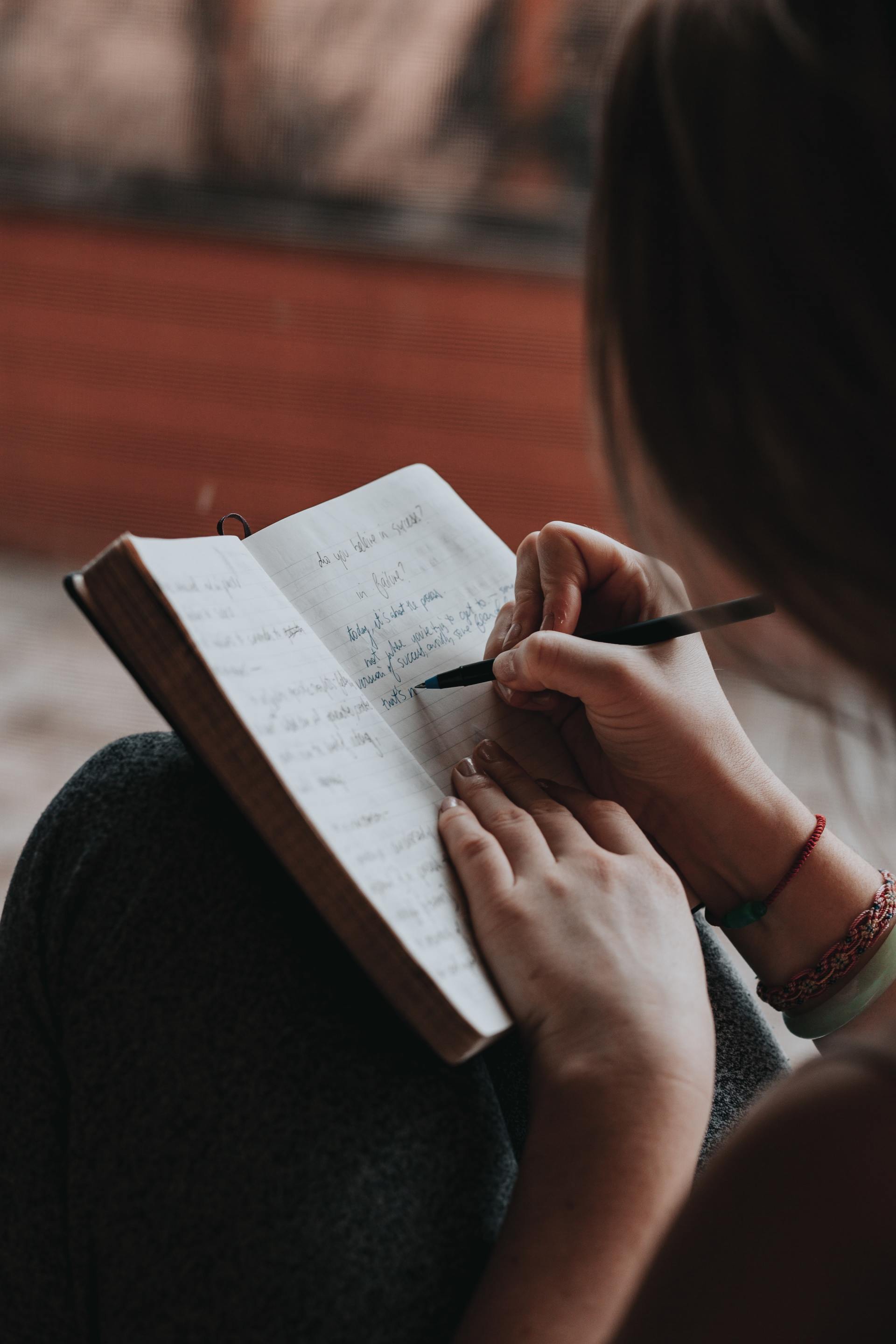Tips for getting the most out of your sessions

Therapy is a valuable journey to those courageous enough to embark on it. A safe, confidential place to process emotion, and sort through ideas, along with a supportive, objective listener creates a rich experience in which your life can grow and change.
However, if you are going to put in the time, effort and finances, you will get more out of therapy with some targeted journaling. Think of your therapy journal as the scrapbook of a deeply personal journey. Whether it is a physical book or electronic file, please be sure to keep your journal in a private place. Then follow the tips below.
Bon Voyage! Record your starting point
I typically give clients objective assessments of some type - a mood survey, social anxiety checklist, etc. This yields a snapshot of current symptoms and problem areas, and becomes the baseline for goals. Your therapy journal should include some objective data about why you sought help, and what you are hoping to accomplish. Adding detail ("I have become so socially isolated I only leave the house once or twice a week") is important, so paint a picture of your starting point. Later, these initial notes provide a great way to compare how far you've come.
Itinerary - Your Session Agenda
Research shows that sessions that begin with an agenda accomplish more. Your agenda is a brief "to-do list" for that day's therapy session. One or two words per topic you want to discuss will suffice, such as:
1. Dad's visit, 2. upcoming presentation, 3. confusing text Tell your therapist at the outset of session what these agenda items are before you start. This helps you and your therapist stay on track with what is most important to you.
Insta Post - Give it some detail and color!
In between sessions, record any time you experience a strong emotion (such as a panic attack), notice a thinking error (such as personalizing, catastrophizing, or all-or-nothing thinking), or have trouble coming up with a logical counter-thought. Bring these to session to process and collaborate. You will begin making connections between concepts discussed in session and your own experience of your thoughts and behaviors. Make a note of those connections! They form the basis of re-training your brain to think more logically, and free yourself from anxiety or self-defeating thinking.
Snapshots - Hold on to the significant moments
There are the lightbulb, AHA! moments in therapy that seem so significant you will never forget them. However, people forget! In a dark moment of depression, it would be helpful to look back at those lightbulb moment notes and remember when your therapist pointed out that you had to continually reach out to your close friends, even when you didn't feel like it, to turn a corner. Or the significance of realizing that your panic attack was the fear of fear, rather than the fear of a clear and present danger.
Bottom line - write down the bottom line! Chronicle the significant learnings from each session, the takeaways that you want to hold on to. Especially if you take copious notes, it helps to color-code or bold those important thoughts in a specific way, so you can find them later when your head is less clear.
Has journaling enhanced your therapy experience? Or were there details you wished you'd documented? I'd love to hear from you in the comments section below (for confidentiality reasons, please do not give your full name or identifying information).